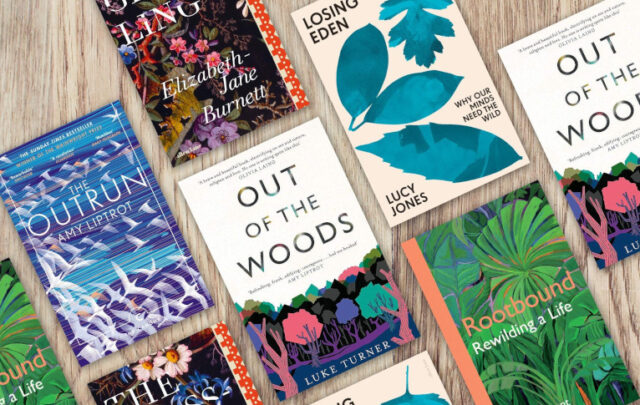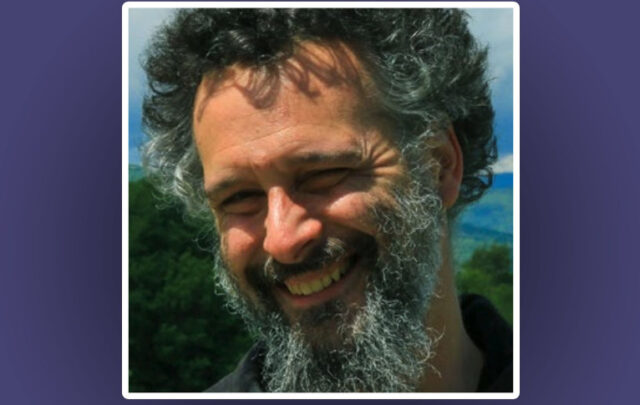Click on the headline (link) for the full text.
Many more articles are available through the Energy Bulletin homepage
Do you need to stock up the bunker?
Brendan O’Neill, BBC Magazine
In the 1950s and 1960s, bunkers were a feature of many American suburban homes, populated by families fearful of the prospect of nuclear war. That threat has subsided, but now many reasonable people are stocking up on essential supplies in preparation for a new cataclysm.
… But today there is a new breed of survivalist – and they’re well-heeled, well-educated and more likely to wear an immaculately pressed suit than a camouflage flak jacket.
Barton M Biggs is about as far as you can get from the old John Rambo-style survivalist. Forget long, unkempt hair and a sweat-stained vest. Mr Biggs is a former chief global strategist for Morgan Stanley, who now runs the hedge fund Traxis Partners in New York.
Yet in his latest book, Wealth, War and Wisdom, he suggests that all right-minded people should “assume the possibility of a breakdown of the civilised infrastructure”.
… In a world in which people and systems are increasingly “interconnected”, the potential for infrastructure to collapse is great, he says. Political disturbances in Kenya, drought in Australia or crop disease in South America can quickly affect food prices in the UK. And globally, everything from modern mass agriculture to transport and industry is dependent on the availability of oil.
… Alex Steffen, a journalist [for WorldChanging] and editor based in Seattle, is one of those “daring to prepare” for a coming “tiny apocalypse”.
“The systems we rely on are brittle and facing strain,” he says.
… In some green discussion circles, those concerned about “peak” problems – that is, the potential for the production of things such as oil and food to peak and then to start declining – are now referred to as “Peakniks”.
But there are plenty of experts who are dismissive of the Peakniks, particularly the fear that peak oil has already been reached. They point out that new oil reserves are being discovered frequently.
… Frank Furedi, the British-based author of The Culture of Fear, says people should calm down.
For all the talk of a global bird flu pandemic, in the past five years there have been 200 human deaths from bird flu. In the same period more than six million people have died from diarrhoeal diseases and more than five million in road accidents – these would seem to be more pressing, practical problems to solve.
… “The new survivalism can also be seen as a highly ritualised affectation,” says Prof Furedi. “Through self-imposed restraint and expressions of concern for the future of humanity, the individual sends out signals about his own responsible behaviour.
(2 May 2008)
I’m not big on survivalism, but this was a pretty bad article. The reporter erects a strawman and then demolishes it. And Frank Furedi saying that more than 6 million people have died from diarrhoeal diseases in the last 4 years – this is reassuring? (These diseases are typically caused by contaminated water supplies.)
Much better is the article at the Guardian: Natural born survivors (below)
-BA
Natural born survivors
Harriet Green, Guardian
Rising oil prices, global food shortages and the economic crisis are proof for many survivalists that society is on the brink of meltdown. But are their predictions all gloom and doom – or a chance to create new communities?
—
For three years, my husband has talked about taking to the hills. About buying a smallholding on Exmoor where, with our four-year-old daughter, we can safely survive the coming storm – famine, pestilence and a total breakdown of society. I would wait for his lectures to finish, then return to my own interests. I had no time for the end of civilisation. As an editor on a glossy magazine until a few months ago, I was too busy. There was always a new Anya Hindmarch bag to buy, or a George Clooney premiere to attend.
But recently, I’ve wavered. Much of what he has been predicting has come true: global economic meltdown, looming environmental disaster, a sharp rise in oil and food prices that has already led to the rationing of rice in the US, and riots in dozens of countries worldwide.
This week, the details got scarier. The UN warned of a global food crisis, like a “silent tsunami”, while Opec predicts that oil, which broke through $100 (£50) a barrel for the first time a few weeks ago, may soon top $200.
(2 May 2008)
Why Are the Mean Girls Picking on World Made By Hand?
Sharon Astyk, Casaubon’s Book
… James Kunstler’s new novel, The World Made By Hand, a book I’ve read, and have been trying really hard not to review. The reason is that I’m ambivalent about it, both as a piece of writing and as a piece of peak oil advocacy. For all that I often disagree with him, I think Kunstler is a wonderful writer of non-fiction – funny, smart, engaging. And he has done more than any other writer ever to bring peak oil to the mainstream – none of the rest of us make Colbert or Rolling Stone.
… Now believe it or not, I’m in sympathy with Kunstler’s claims that women’s lives will not have much to do with the kind of capitalist version of feminism seen in the essay.
… I do think Kunstler is broadly right, that the version of feminism that succeeded within global growth capitalism is unlikely to continue, and that, without making a strong effort to retain social changes, women are likely to lose social gains and protections as they get poorer.
… The problem is that … they just aren’t *people* – they are literary functions who exist to a. compete to have sex with the narrator and b. suffer and c. serve meals.
Despite Kunstler’s suggestion, I don’t think it is unreasonable for readers to want some of his women to be rich and complex enough to be actually called real characters, rather than a plot function, or to suggest that in the future, the occasional woman might have an area of competence other than baking and nudity.
… the novel is essentially a piece of genre fiction – a western overlaid neatly on an upstate New York futurism. From the riders galloping into Albany to root out corruption to the return home to root out corruption there, Kunstler has lifted a genre that historically treats its females a plot functions
… It is hard not to see some of this as a wish-fulfillment fantasy. But I also see it as something else – the recognition that peak oil is going to call into question our present gender roles.
… And in a sense, Kunstler’s Western, I think operates mostly as a strong assertion that masculinity, post peak, like everything else, is going retro, and that maleness is going to be something important.
… Another part of it is this – adapting to a radically changed world is going to involve people finding a way of understanding that world . Taking away people’s maps of the world means giving them new ones. Obvious, accessible maps with large print are good, particularly for those already in reading glasses. That is, the more that we can say “the future will be like these familiar fantasies you like” the easier it is for some people to imagine going forward. It is tough, however, on those who don’t usually imagine themselves as the guy with the gun on the horse.
I think the biggest limitation to Kunstler’s imagination, which generally is a potent and powerful force, is that his answer is always that we should use old maps, perhaps perfected a little. Thus, Kunstler has a hard time envisioning a world that is a hybrid, with people simultaneously shaped by the high energy past and alive to the low energy reality.
(4 May 2008)




